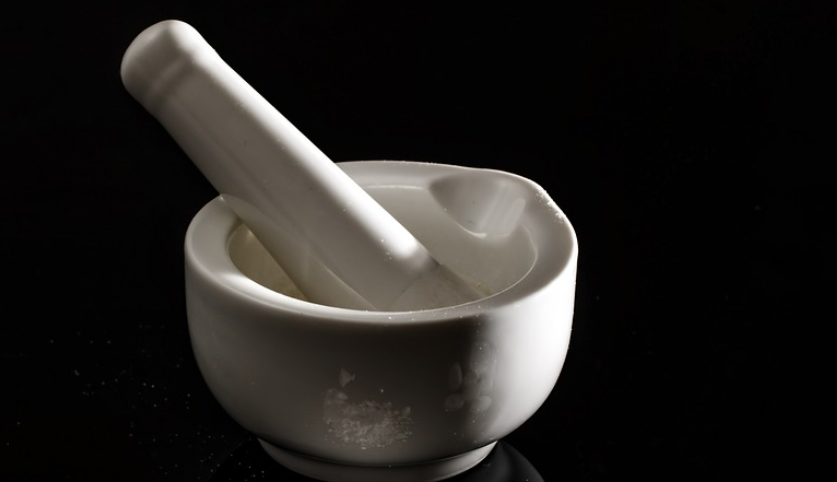The Importance of Potassium
Potassium is an essential mineral that plays a crucial role in maintaining good health. It is responsible for regulating fluid balance, muscle contractions, and nerve impulses. Potassium also helps to lower blood pressure and reduce the risk of stroke.
How Low Potassium Affects the Body
When your body is low in potassium, it can cause a variety of symptoms. These may include muscle weakness, cramps, and spasms. Low potassium can also cause constipation, bloating, and abdominal pain. In severe cases, it can lead to heart palpitations and irregular heartbeats.
The Causes of Low Potassium
There are several reasons why someone may be low in potassium. These may include not getting enough potassium in the diet, excessive sweating, and certain medications. People with certain medical conditions, such as kidney disease, may also be at risk of low potassium levels.
How to Increase Your Potassium Intake
If you’re low in potassium, it’s important to increase your intake of potassium-rich foods. Some good sources of potassium include bananas, avocados, spinach, and sweet potatoes. You may also want to consider taking a potassium supplement, but it’s important to talk to your doctor before doing so.
Preventing Low Potassium
There are several steps you can take to prevent low potassium. Eating a balanced diet that includes plenty of fruits and vegetables is an excellent way to ensure you’re getting enough potassium. You should also drink plenty of water and avoid excessive sweating. If you’re taking any medications that may affect your potassium levels, talk to your doctor about potential side effects.
When to See a Doctor
If you’re experiencing symptoms of low potassium, it’s important to see a doctor. Your doctor can perform a blood test to check your potassium levels and determine the best course of treatment. In severe cases, hospitalization may be necessary.
The Bottom Line
Potassium is an essential mineral that plays a crucial role in maintaining good health. If you’re low in potassium, it can cause a variety of symptoms that can impact your quality of life. To prevent low potassium, eat a balanced diet, drink plenty of water, and talk to your doctor about any medications you’re taking.
References:
- https://www.healthline.com/nutrition/what-does-potassium-do#TOC_TITLE_HDR_2
- https://www.medicalnewstoday.com/articles/287212
- https://www.mayoclinic.org/symptoms/low-potassium/basics/when-to-see-doctor/sym-20050632

